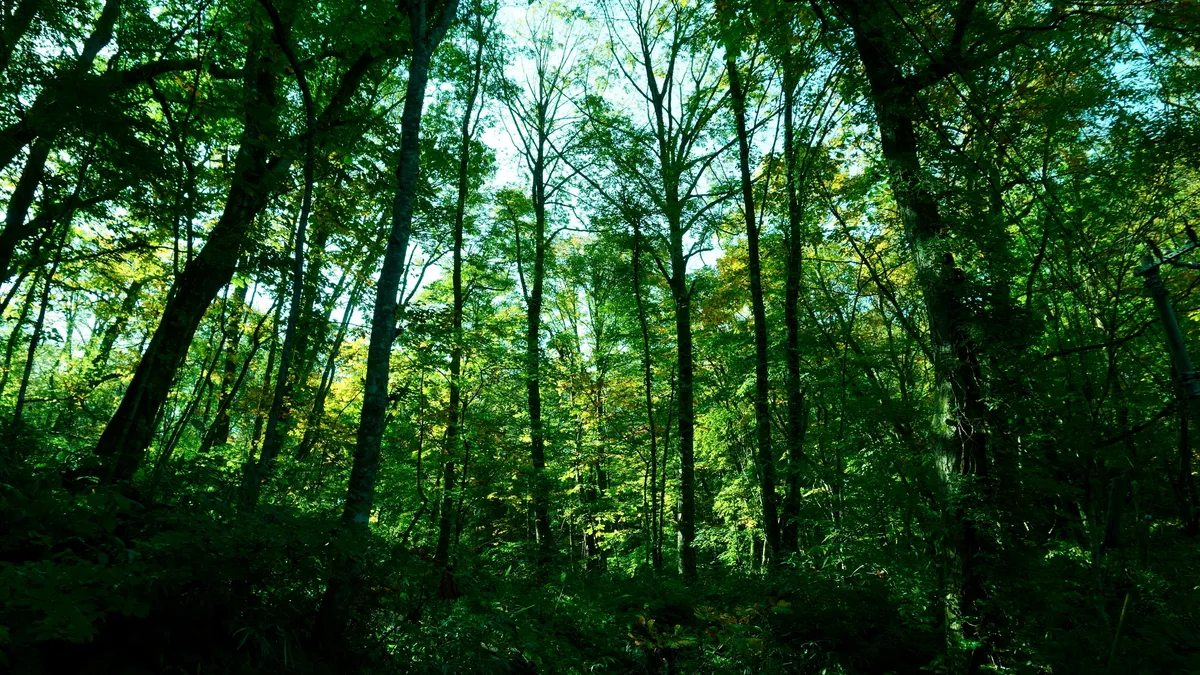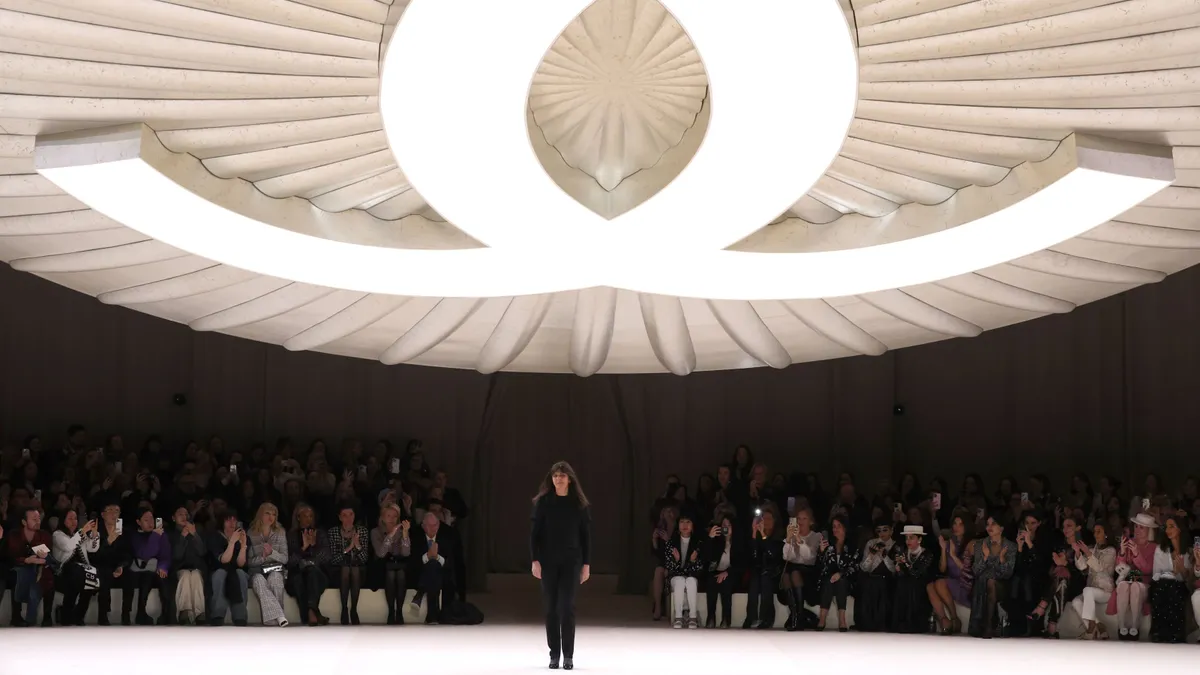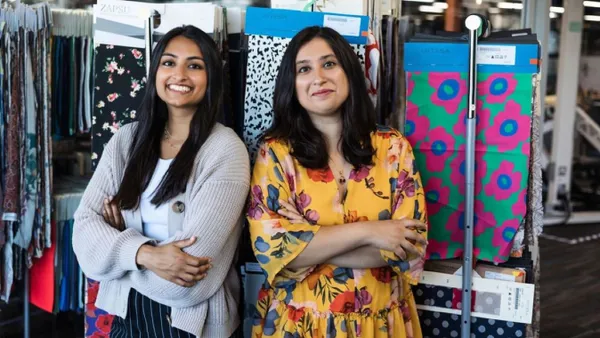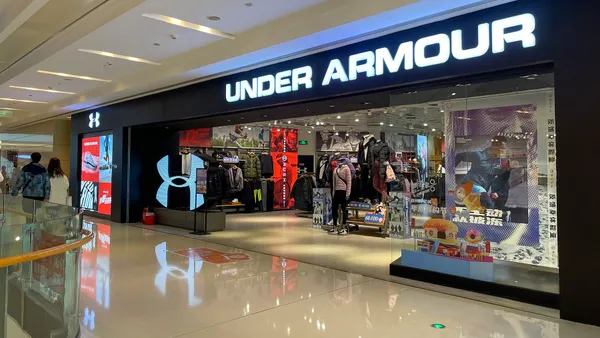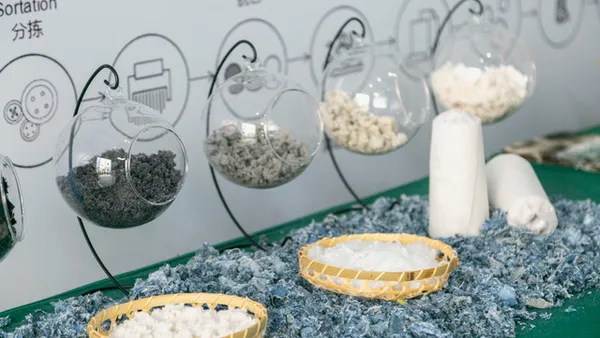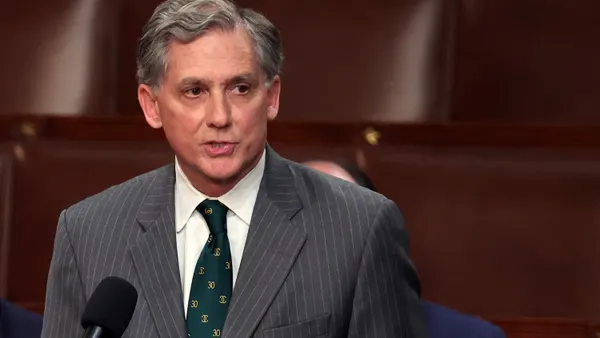Dive Brief:
- Environmental nonprofit Canopy secured $60 million in funding from The Audacious Project to accelerate its commercial-scale production of low-impact and circular clothing solutions derived from what is usually put in a landfill or burned, per a news release.
- Canopy focuses on protecting and preserving ancient and endangered forests by partnering with companies including H&M Group, Inditex and LVMH to remove pulp-based materials such as viscose from the supply chain.
- The funding — its largest to date — marks a major boost to its campaign, which has seen massive growth as sustainability becomes a more public issue in the fashion space.
Dive Insight:
While the organization launched in 1999, it mainly dealt with book and magazine publishers on paper procurement at the time, and didn’t launch its fashion initiative, called CanopyStyle, until 2013. By 2014, Canopy had 44 fashion partners, and that number has ballooned to over 500 as of 2023. Overall, the organization has worked with more than 900 brand partners across all its campaigns, including paper, viscose textiles and paper packaging.
For the coming year, Canopy hopes to divert over 1 trillion pounds (nearly 800 million metric tons, or the equivalent to the weight of 76,000 Eiffel towers) of agricultural residue and waste textiles from being burned or landfilled. It’s also hoping to avoid approximately 2 trillion pounds (1.3 billion metric tons) of emissions, or the equivalent of almost twice the annual emissions of Germany, and eliminate the use of ancient and endangered forests in supply chains.
“An estimated 300 million trees are logged every year to make textiles like rayon and viscose,” said Nicole Rycroft, Canopy’s executive director, in an email. “There isn’t enough Next Gen supply available at the moment. Conventional producers currently have a well-entrenched advantage of economy of scale production. Brands need to help ‘prime the pump’ both by clearly signaling demand through official Letters of Intent to Purchase, as well as actively supporting first-to-market producers achieve economy of scale production by prioritizing purchasing of these early Next Gen products on market. Eventually Next Gen will become the market norm.”
Rycroft said Canopy is working with fashion brands to keep ancient and endangered forests out of their supply chains, advocate for conservation of forests and explore Next Gen alternatives for viscose and paper packaging. “Many of our fashion partners have signed Letters of Intent to Purchase and commitments to purchase Next Gen products in the coming years, which is an excellent start,” she said. “But we need more companies to bring these products to market, more purchasing agreements, and even more brands from the fashion sector working with us through our CanopyStyle (viscose-focused) and Pack4Good (packaging-focused) initiatives.”
Concurrent with its news release about the funding, Canopy put out statements from executives at fashion and retail companies including Eileen Fisher, H&M Group, Mara Hoffman, Inditex and Marks & Spencer recognizing its work.
“As part of our Plan A sustainability programme at M&S, we have been working in partnership with Canopy to spark a shift to more sustainable supply chain practices that ensure protection of the world’s remaining ancient and endangered forests and the habitat of endangered species,” wrote Monique Leeuwenburgh, director of sourcing at Marks & Spencer, who added, “We look forward to continuing our partnership to achieve this vital transition as quickly as possible.”
While Canopy’s work may move the needle somewhat, it may not be enough to make a significant dent on fashion’s environmental footprint. A 2020 report by the United Nation noted that fiber production only accounts for about 12% to 15% of a piece of clothing’s environmental impact due to pollution, greenhouse gas emissions and use of resources, which means even reducing that figure by half only makes a minor difference.
Canopy’s funding comes via The Audacious Project, formerly packaged as the TED Prize until its rebranding in 2018. Audacious is supported by U.S. nonprofit management consulting organization The Bridgespan Group and donors including the Bill & Melinda Gates Foundation and MacKenzie Scott. In 2023 the project directed over $1 billion in funding toward ideas that tackled challenges including climate change, migrant rights and criminal justice reform.



